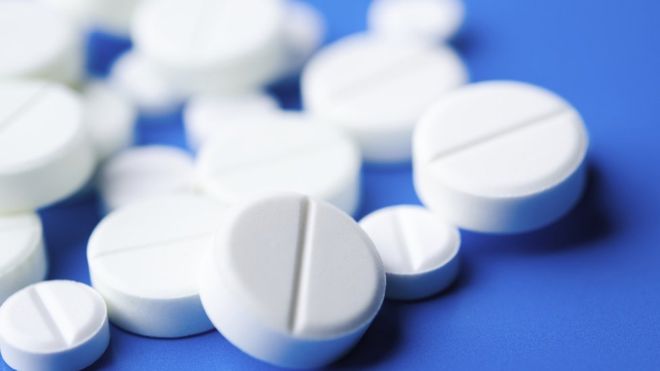A new report has emerged online, suggesting that aspirin could contribute to the reduction of risking heart attack for adults in their 50s.
U.S. Preventive Services Task Force (USPSTF), a government supported panel consisted of independent physicians, has recently suggested that individuals in their 50s exhibiting cardiovascular disease-related risk – including high cholesterol, high blood pressure or a history of smoking – could benefit from taking a daily low-dose of aspirin and maintaining it for at least a decade.
The above advice does not apply to people with any type of bleeding disorder, since aspirin is proven to cause internal bleeding in some cases — stomach and brain. People in their 60s should not follow the particular guidance as well, since the probability of bleeding risk increases with age.
Furthermore, the USPSTF remarks that individuals aged between 50 and 59 with 10% risk of having a stroke or heart attack in the next ten years, could specifically benefit the most by taking a daily 80mg regimen of aspirin. Additionally, the same dose could also prove useful to preventing colorectal cancer, for some people.
USPSTF chair Dr. Kirsten Bibbins-Domingo of the University of California, San Francisco, mentioned in a respective statement: “As with any drug, patients and their doctors must balance the benefits and risks of aspirin,”
In case you are wondering how to figure one’s risks of facing a heart attack, American College of Cardiology has an online risk calculator available on its website.


Annals of Internal Medicine recent research suggests that approximately 40% of Americans in their 50s already take aspirin thus reducing the likelihood of a first heart attack or even preventing a second one, which clearly indicates that a substantial proportion of U.S. citizens are already aware of such a precautionary heart-attack measure.
Reuters further adds that aspirin as heart-attack prevention method constitutes a bone of contention between the USPSTF and U.S. Food and Drug Administration, the latter questioning the effectiveness of the aforementioned. FDA has also refused to grant Bayer HealthCare LLC’s plan of marketing aspirins for the particular medical use.
FDA’s Dr. Steven Nissen, who is also the head of department of cardiovascular medicine at the Cleveland Clinic in Ohio, mentioned in a statement, “All that aspirin does if your heart attack risk is really low is cause you harm,”
Nevertheless, individuals can access aspirins without the need of a prescription, while doctors are also able to prescribe medicines for purposes that FDA does not approve of.
Furthermore, when it comes to aspirin’s contribution to the reduction of heart-attack risks, here is how it works: the pill prevents platelets — blood cells — from sticking together and forming clots that block arteries, effectively raising the possibility of a heart attack taking place. Though, by disabling platelets forming a scab to seal wounds, could also lead to bleeding.
As far as colorectal cancer is concerned, Dr. David Weinberg, chairman of the department of medicine at Fox Chase Cancer Center in Philadelphia, said that: “Aspirin might lower the risk of colorectal cancer by acting on a biochemical pathway these tumors need to grow.”

